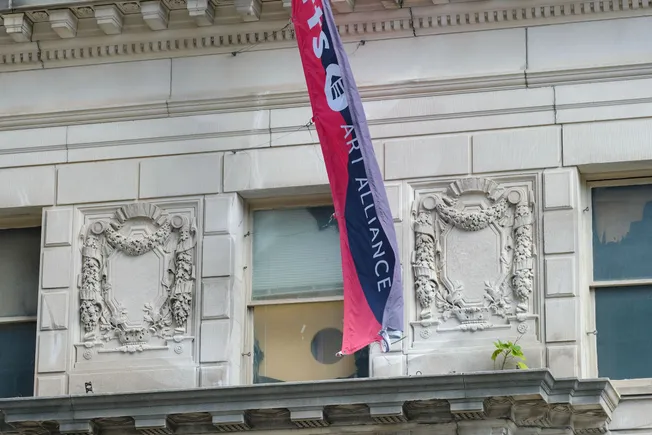Dive Brief:
- Northwestern University’s athletic department does not have “clear, standardized guidance” for how its staff should handle misconduct reports that don’t require elevation to the institution’s civil rights and Title IX office, an independent review released Thursday found.
- The lack of guidance “fosters a perception that concerns raised within the Athletics Department may not be properly escalated or addressed,” according to the results of an investigation headed by former U.S. Attorney General Loretta Lynch.
- It made several recommendations to Northwestern, including that it standardize and make clear what sports administrators are expected to do when misconduct is reported and strengthen the follow-up process when handling complaints. Northwestern President Michael Schill said university leadership is committed to enacting the report’s recommendations.
Dive Insight:
Northwestern’s athletics department gained national attention last July, when the university said an investigation of its football program found that it was common for football players to participate in or have knowledge of hazing activities. Northwestern initially placed Pat Fitzgerald, its head football coach at the time, on two weeks’ unpaid leave before terminating him only days later.
The same month, The Daily Northwestern, a student newspaper, published anonymous accounts of hazing in the football program that included coerced sexual acts. In an open letter, more than 250 faculty members called for “immediate, comprehensive steps to improve transparency and structures of accountability in Athletics.”
The scandal coincided with several legal battles. More than two dozen former Northwestern football players have filed lawsuits accusing the university of creating a culture that let hazing and abuse thrive, while Fitzgerald has alleged wrongful termination.
In November, Northwestern announced that it hired Lynch to head a second investigation. The university tasked her with analyzing the athletics department’s culture and the institution’s procedures for handling hazing allegations.
Lynch’s team interviewed more than 120 people, including current and former college athletes, students unaffiliated with the athletics department, administrators, faculty and all 19 of Northwestern’s varsity head coaches.
The 50-page report found that Northwestern athletes overwhelmingly reported spending a majority of their time with their teams and at the university’s athletics facilities.
While this had some positives — such as a strong sense of community across teams and the department — it also made reporting misconduct and keeping people accountable more difficult. That’s especially true if college athletes perceive their team or the staff as “participating in or condoning the misconduct,” the report said.
The report’s authors said feedback on the athletic department’s culture was largely positive. But they observed a divide between academic and athletics employees, as well as between college athletes and their nonsports peers.
The report flagged “a growing tension” between Northwestern’s faculty and its athletics staff, exacerbated by poor communication and the perception that the university disproportionately allocated funding to sports over academics. The hazing allegations further strained this relationship, the report said.
“An unwritten but widely acknowledged prohibition” exists on direct communications between coaches and faculty, to avoid the appearance of conflicts of interest, the report found.
It recommended that Northwestern reevaluate if this broad ban is necessary and establish formal guidelines for what communication is appropriate between coaches and faculty.
“As a university, we remain steadfast in our commitment to fostering a safe and inclusive environment for all members of our community, including student-athletes,” Schill said in a statement Thursday.











.jpg?itok=F2C4uk0x)








Discussion about this post